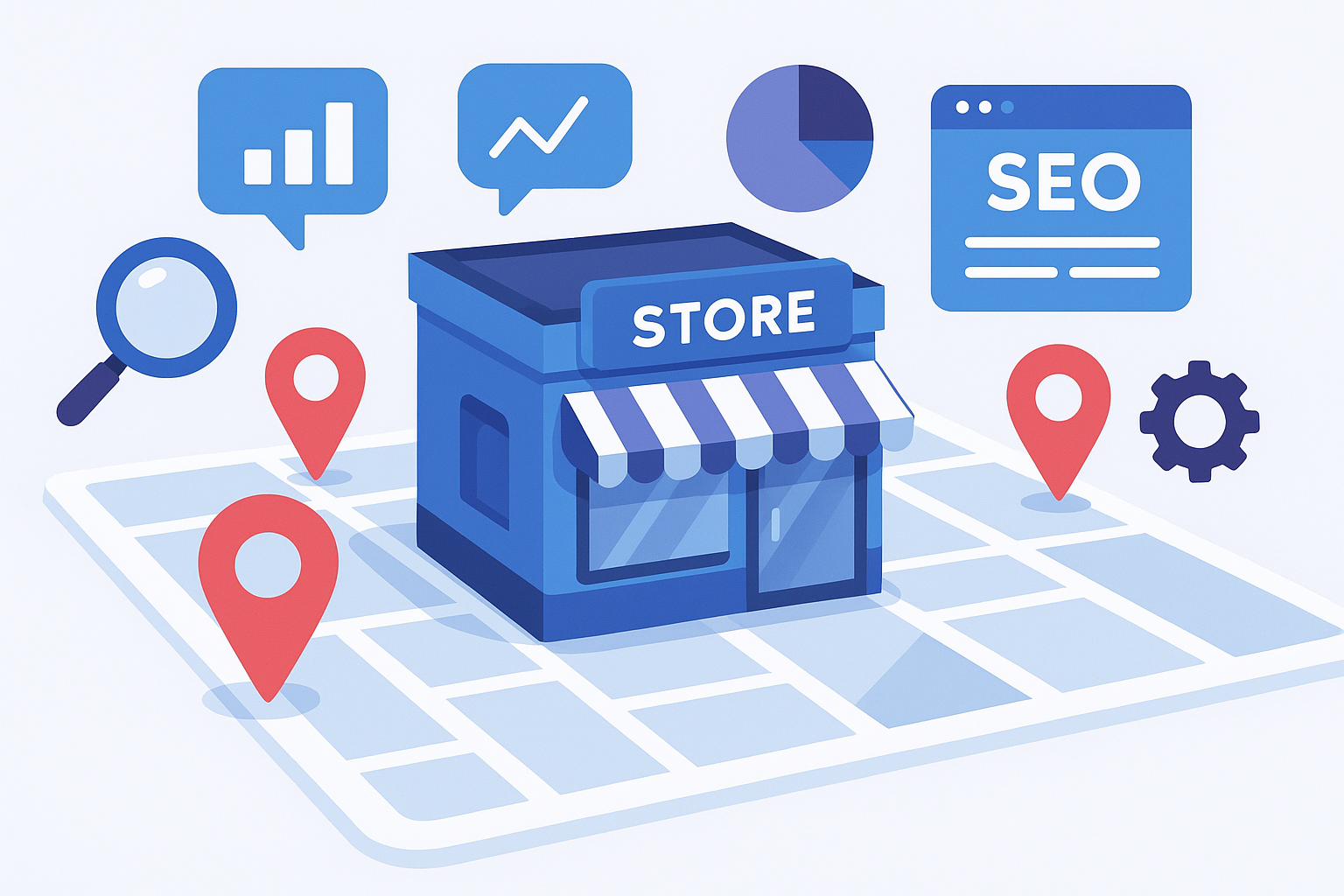When Sarah, the owner of a boutique fitness studio, first explored local SEO tools, she felt paralyzed by choice. Every guide pushed “top-10” lists packed with features she did not understand or need. What finally changed her trajectory was not another checklist. It was learning how to evaluate tools based on outcomes, not dashboards. Once she aligned her stack around visibility, engagement, and traffic optimization, her local rankings and inbound leads climbed steadily.
Her experience highlights a critical truth. Local SEO success is not about having more tools. It is about choosing the right ones.
Below, we break down what truly matters when evaluating modern local SEO tools, and why traffic optimization has become one of the most overlooked growth levers in local search.

What to consider when choosing local SEO tools
Picking a local SEO software isn’t about having the longest toolkit. It’s about finding tools that solve your specific bottlenecks. Here are the questions you should ask:
1. Does the tool match your business scale?
Small and mid-sized businesses rarely benefit from enterprise SEO platforms loaded with unused modules. The best local SEO tools for SMBs prioritize the following:
- Fast setup and intuitive interfaces
- Affordable, flexible pricing tiers
- Actionable insights instead of overwhelming reports
If a tool requires weeks of configuration before delivering value, it is likely overbuilt for your needs.
2. How does it handle local-specific needs?
Local SEO isn’t just regular SEO in a smaller area. You’ll want SEO local tools that can:
- Track rankings at the city or ZIP code level
- Audit and manage Google Business Profiles
- Monitor citations and NAP consistency
- Surface review insights for reputation management
Without these capabilities, even strong general SEO tools fall short in local markets.
3. Can it integrate into your existing workflow?
Modern SEO does not operate in isolation. The most effective local SEO tools integrate smoothly with:
- Google Analytics and Google Search Console
- CRM and lead tracking systems
- Reporting dashboards used by internal teams or clients
If a tool creates data silos or requires manual reporting, it slows growth rather than enabling it.
4. Does it support traffic optimization?
Most local SEO platforms stop at observation, such as rankings, citations, and audits. However, performance in local search increasingly depends on engagement signals, particularly click-through rate (CTR).
CTR is a well-documented relevance signal. If users consistently skip your listing, Google interprets that behavior as lack of relevance, regardless of how optimized your page may be.
This is where traffic optimization tools such as SearchSEO.io differentiate themselves. Rather than only reporting data, they actively support performance by generating organic-looking visits from real residential IPs. These visits help accomplish the following:
- Improve CTR for competitive local keywords
- Validate whether listings are being surfaced correctly
- Reinforce engagement signals visible in Search Console and Analytics
The difference is similar to owning a fitness tracker versus working with a personal trainer. One measures progress. The other helps drive it.
Why traffic optimization belongs in your local SEO stack
You can have accurate citations, optimized content, and strong backlinks. However, if your listing fails to earn clicks, growth stalls.
Strategic traffic optimization helps address that gap by:
- Increasing CTR on priority local queries
- Testing keyword visibility and snippet effectiveness
- Sending consistent, natural-patterned traffic aligned with geographic targeting
Advanced platforms allow control over engagement variables such as bounce rate, session duration, and location. This ensures traffic patterns resemble genuine user behavior. When deployed responsibly, this creates a meaningful advantage in competitive local markets.
The bottom line
There is no shortage of local SEO tools. However, effective stacks share common traits:
- Precision at the local level
- Seamless integration with existing systems
- Scalability without unnecessary cost
- A clear strategy for improving CTR and engagement
When evaluating tools for local SEO, do not focus solely on features or dashboards. Ask the more important question. Does this tool help my business get clicked? Because clicks, not rankings alone, are what turn visibility into revenue. If you want to understand how traffic optimization can complement your local SEO strategy, explore a free trial with SearchSEO and see firsthand how improved CTR can accelerate local search performance.


.svg)

.svg)
%201.png)








.svg)